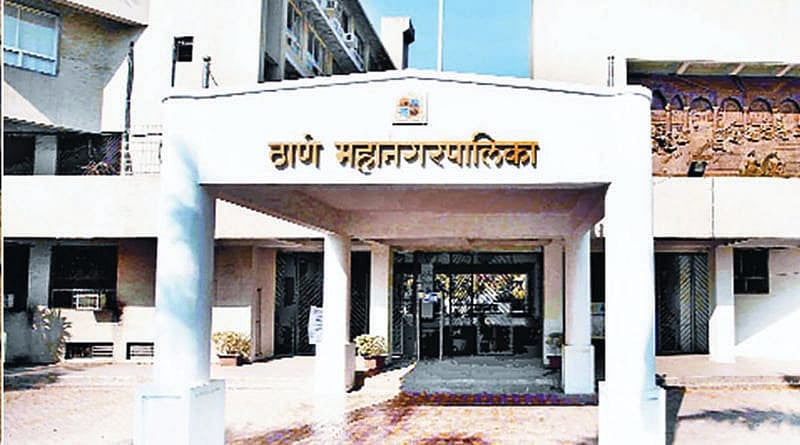Mumbai: Cybercrimes are evolving faster than ever. The question is, is our Mumbai Police ready for this new organised cybercrime ecosystem? Statistics suggest a negative picture.
At an estimate, every month at least 360 cyber cases are registered, out of which only 46 seem to be solved. According to police officials at Cyber Cell, the rise in number of cybercrime cases started picking up during the Covid-19 lockdown. “People were prone to all kinds of fraud during the lockdown. Monetary hopes, promises of getting paid from home, winning a lottery and acquiring bogus properties were the most attractions that reached them. People’s vulnerability led them to fall into all kinds of traps,” said a senior police officer placed in the cyber cell of the eastern zone.
Staggering numbers
Between 2019 and 2021, police statistics suggest that people have lost ₹263.9 crore in cyber fraud, and out of these, only ₹41.8 crore could be recovered. More than 6,000 cases were registered in those three years of Covid-19, out of which only 492 were detected.
While talking to police officials who are involved in the investigation of cyber-related offences, it came to light that the detection rate of such cases is low due to the late filing of cases. “There is a concept called 'golden hours' in the cybercrime world. It’s the time from the minute the fraud happens to the next 120 minutes. Citizens are time again asked to report the crime in order for us to stop/freeze the transaction, but many fail to do so. After this buffer time (of 2 hours), all the stolen money spreads like fire into thousands of accounts, which is impossible to track down,” said another state-level cyber official.
But is it all the victim’s fault?
But is it all the victim’s fault? Citizens who fall prey to cybercrime have a different experience to share. A 34-year-old IT professional, who fell to an update of KYC form fraud, lost ₹8.5 lakh last year. He said, “As instructed by my bank, I gave a written complaint to the police but nobody bothered to register an FIR. It took them at least 2 months, after frequent visits and reminders, to file the FIR. But then, after 2 months, what is the point? There was no accountability for my matter.”
The police also allege the lack of cooperation from banks. “Cooperation from banks is necessary, especially when we need transaction details, or to stop a certain transaction, etc. In such essential moments, several local banks refuse to cooperate and demand tons of formality. Protocols are necessary but at times, it could be delayed as the priority of the moment is to secure the money of the victim. A little assistance from the financial institutions would make a lot of changes and help us,” added another official.






